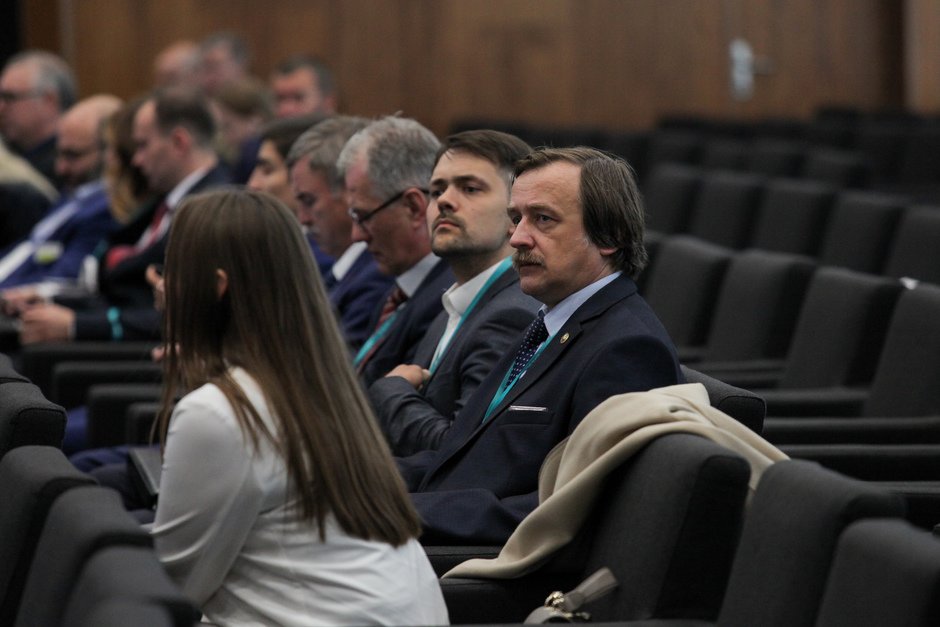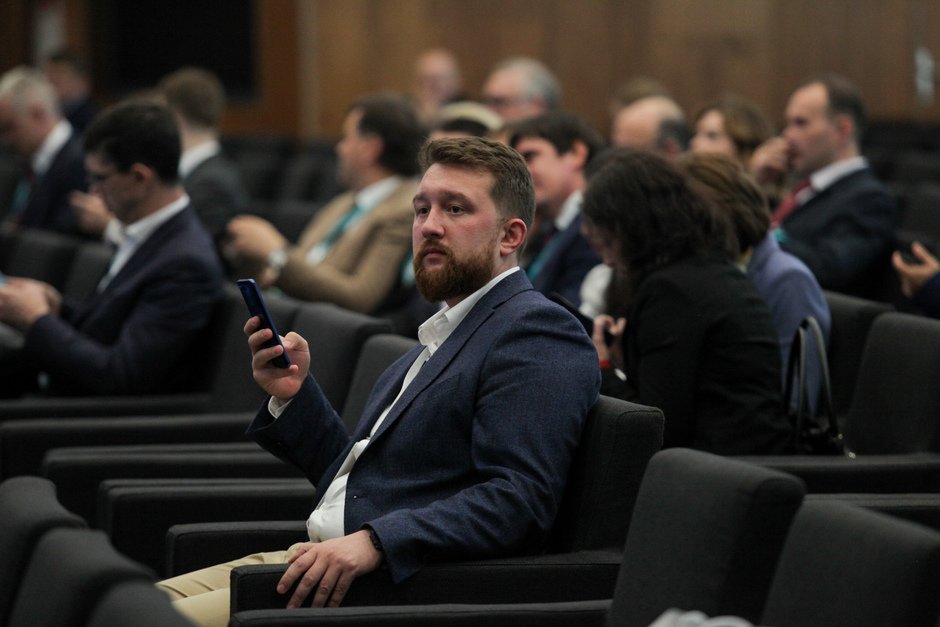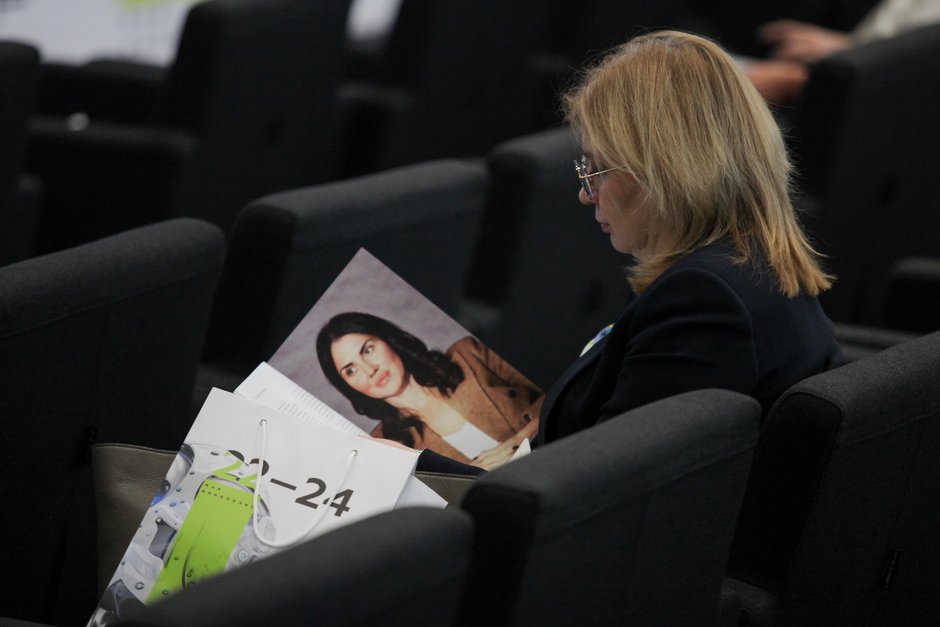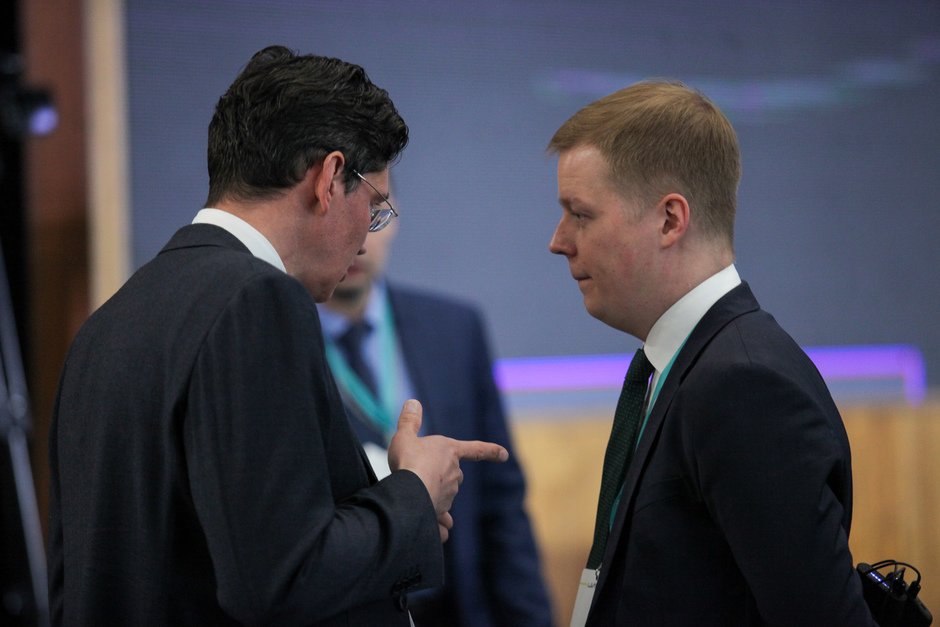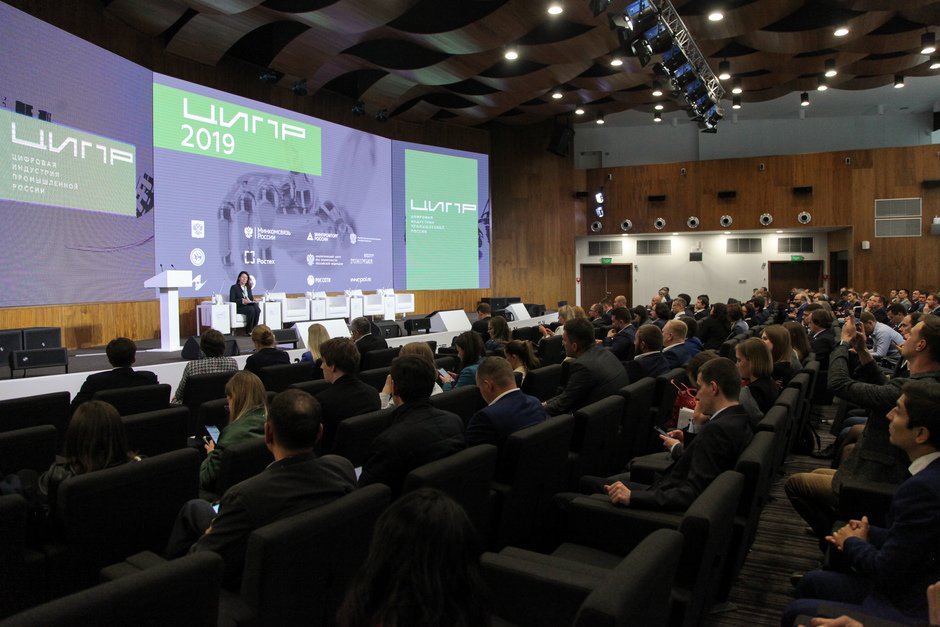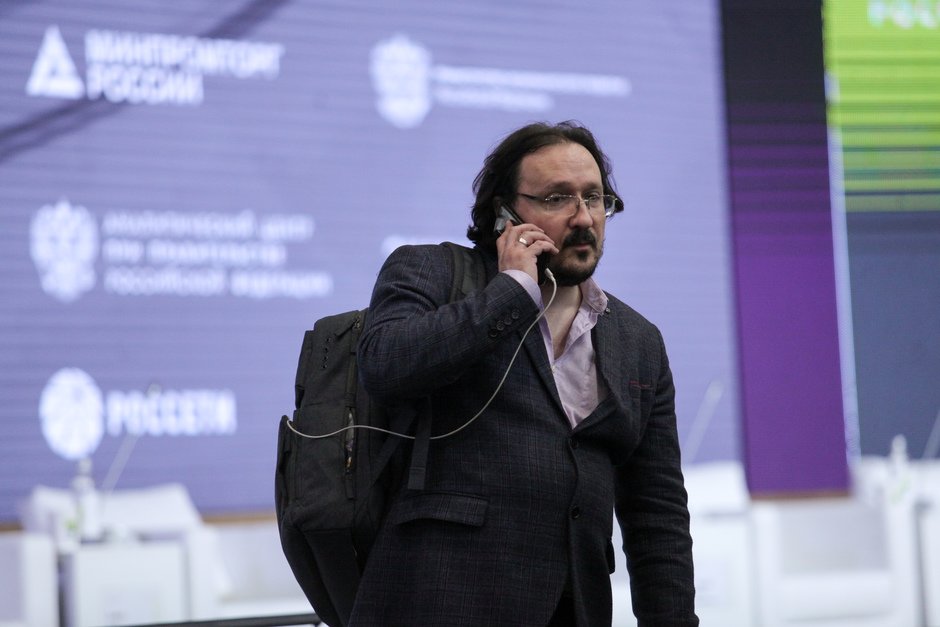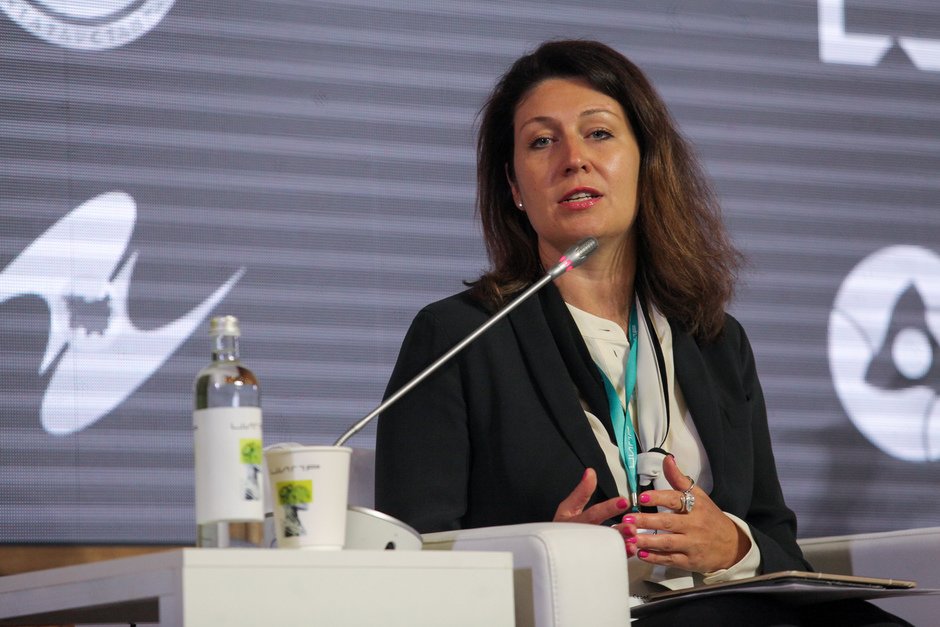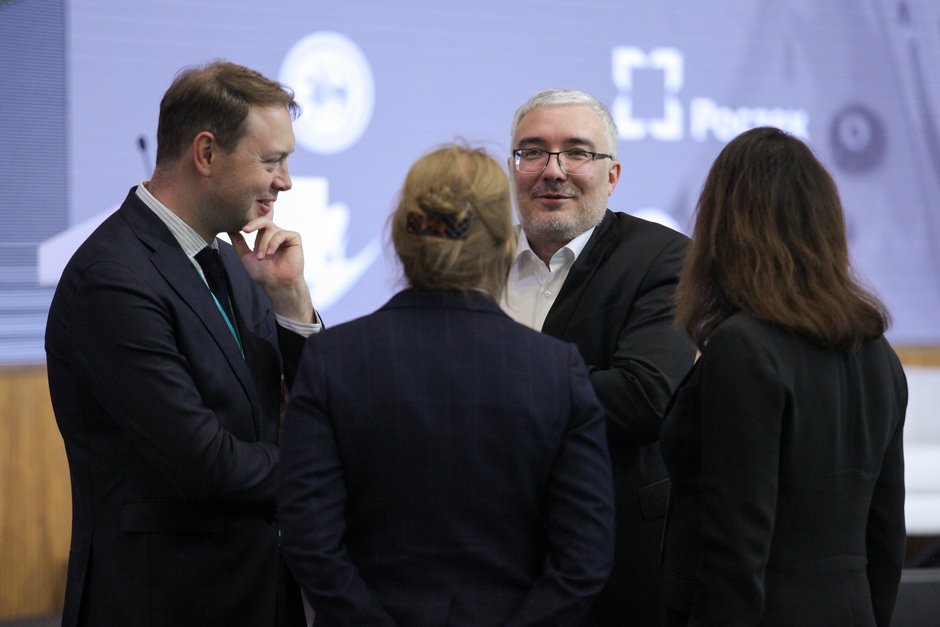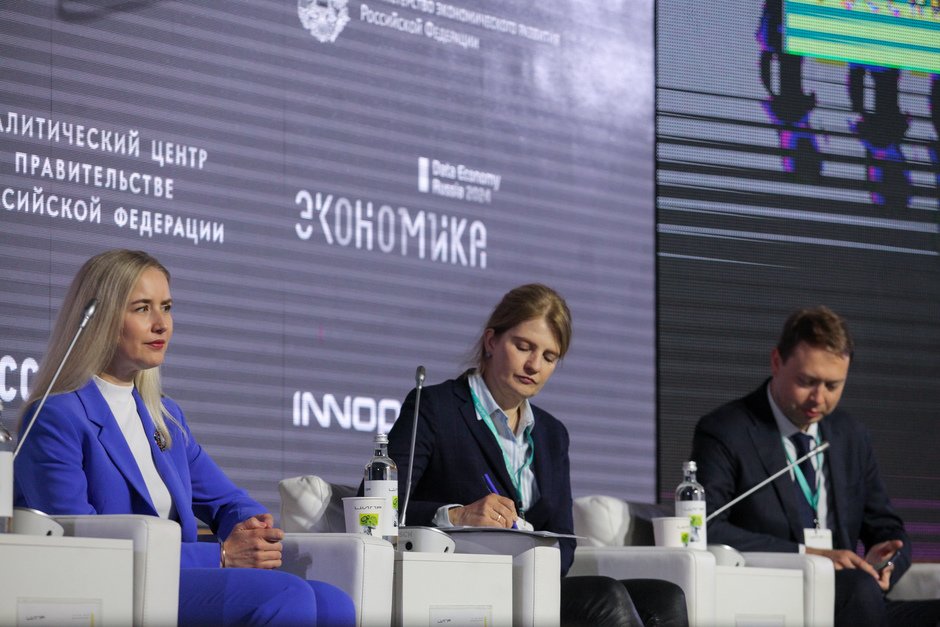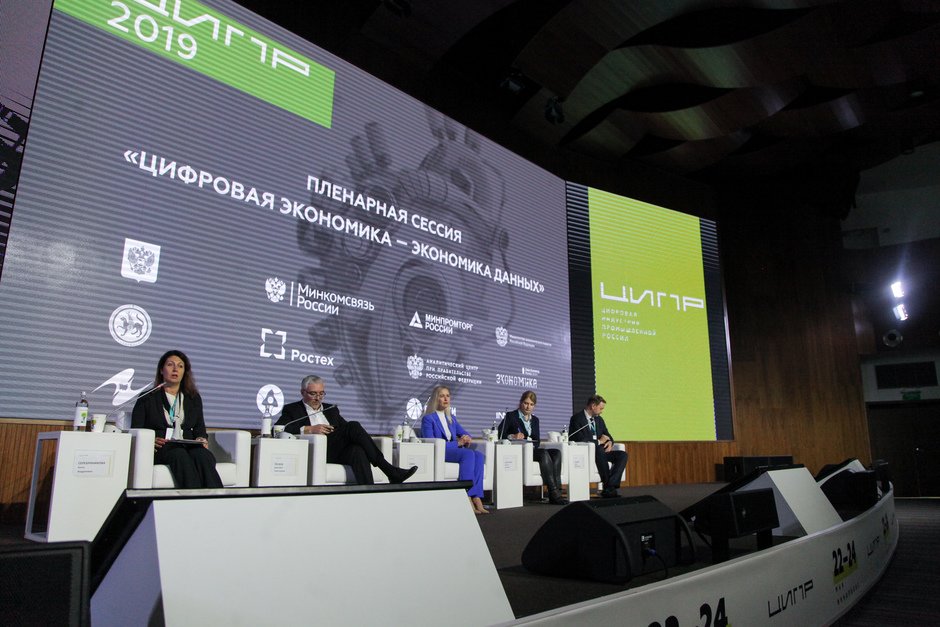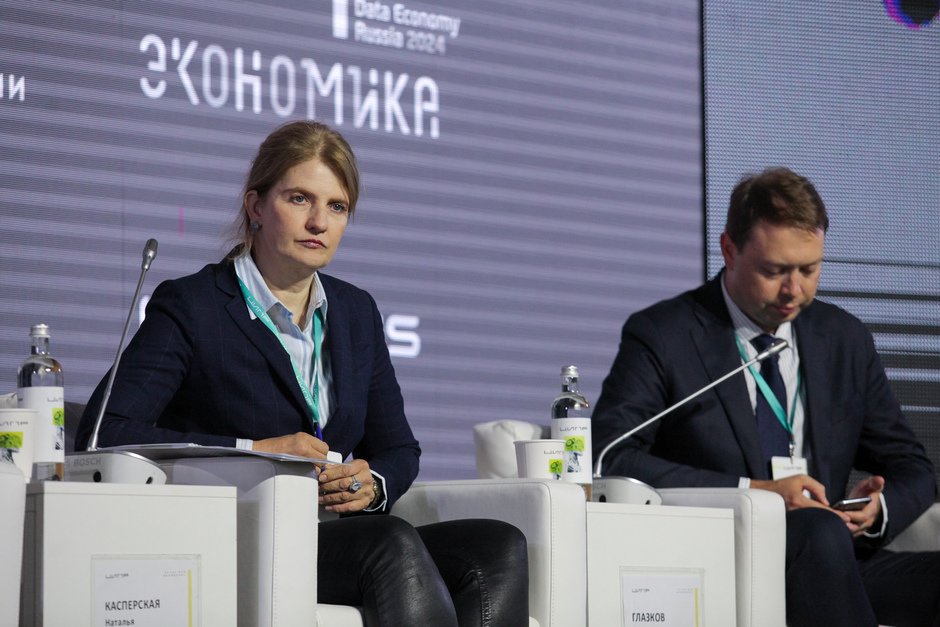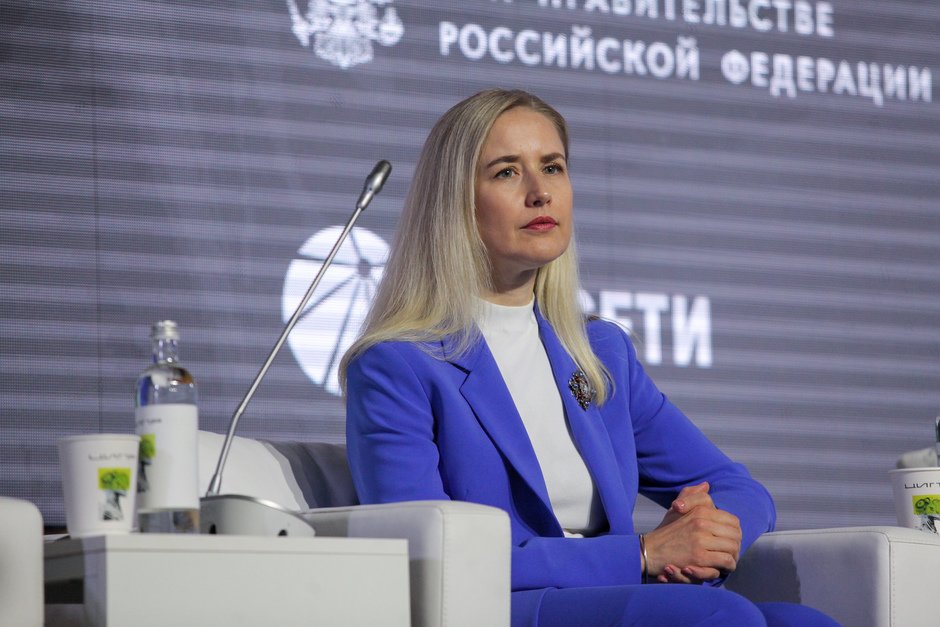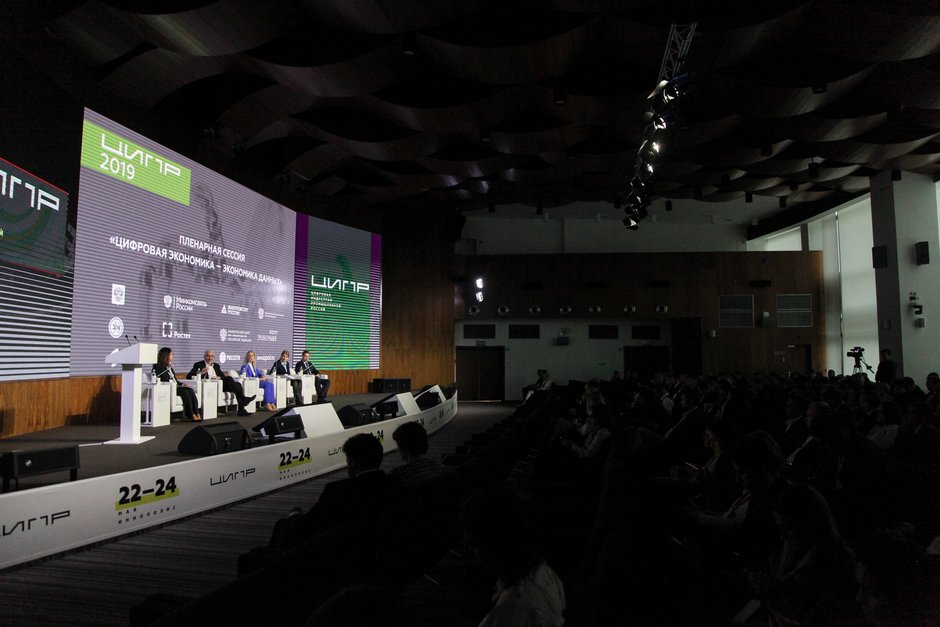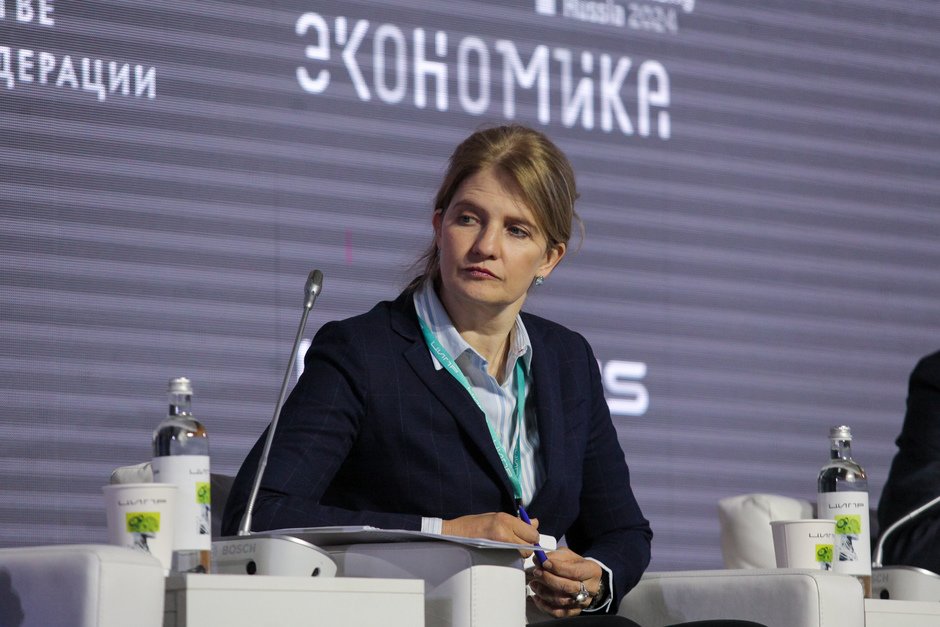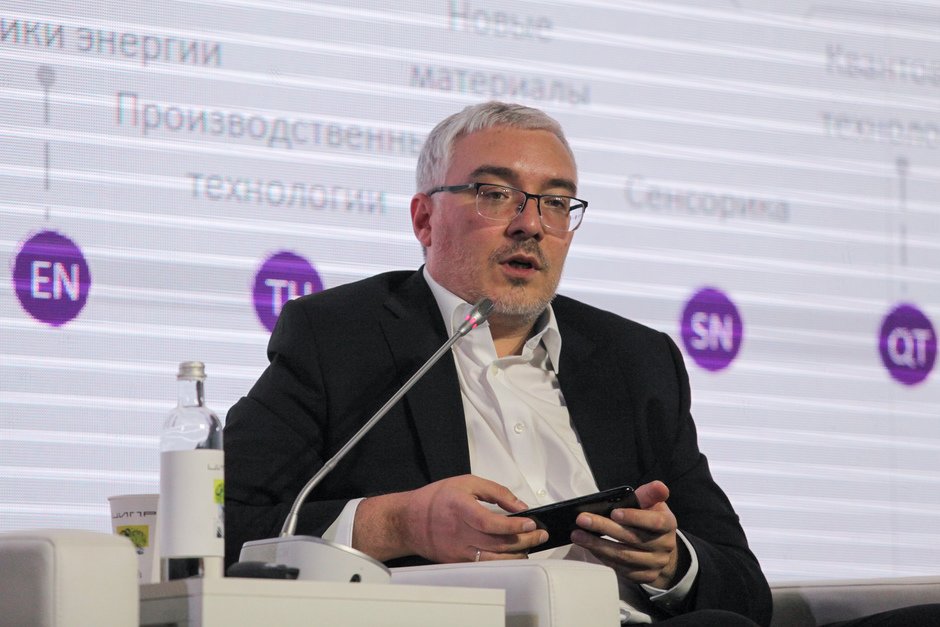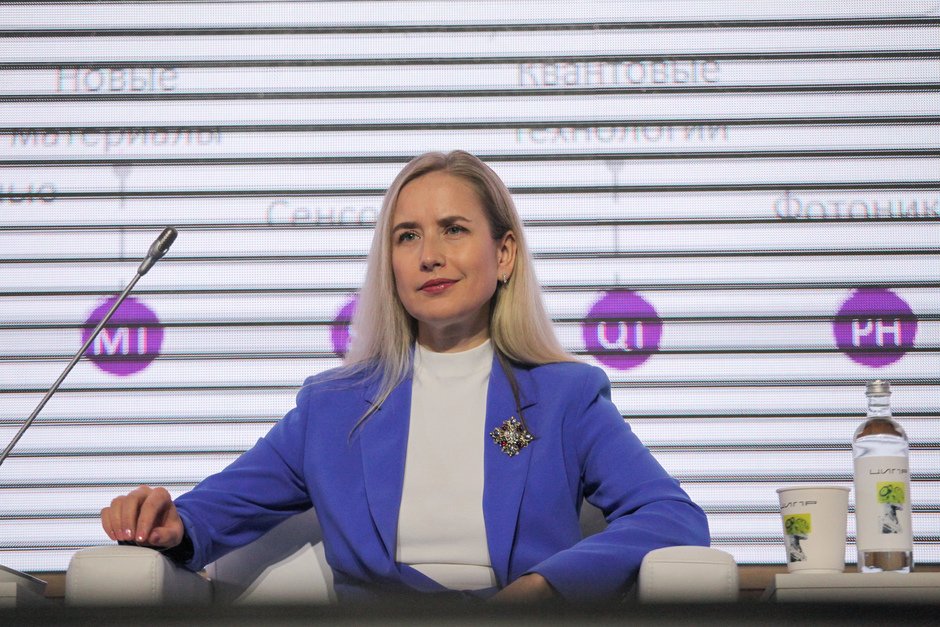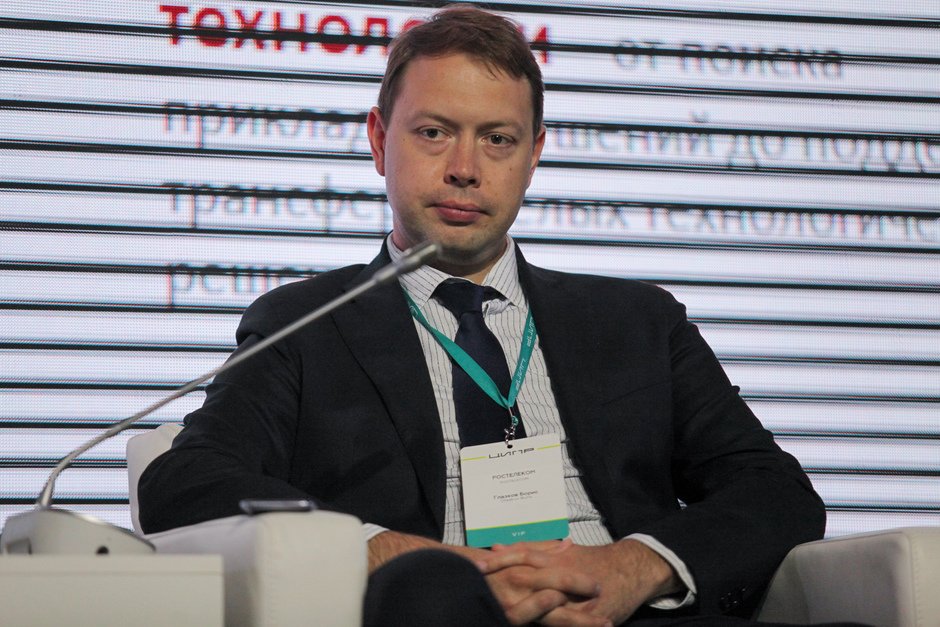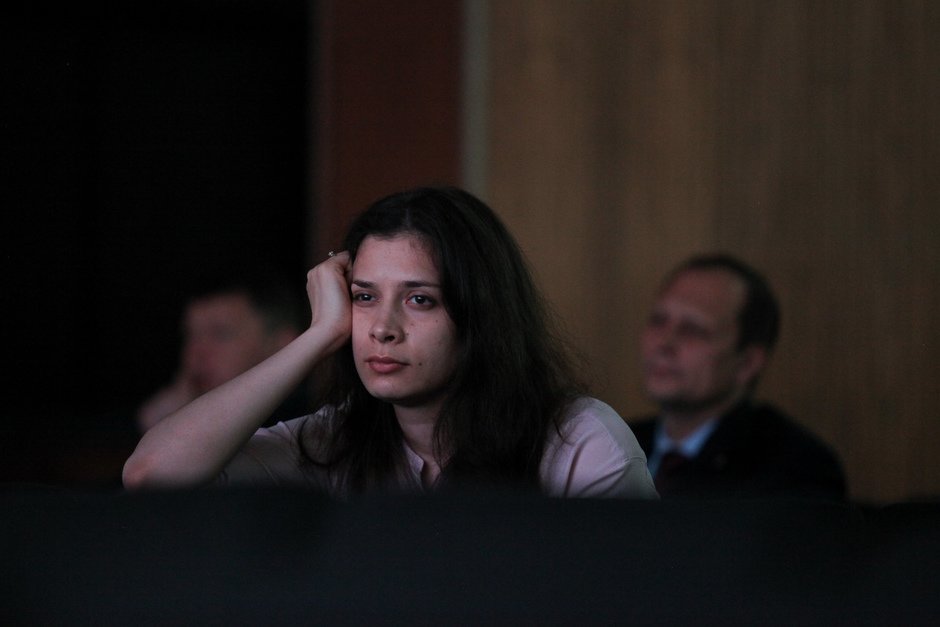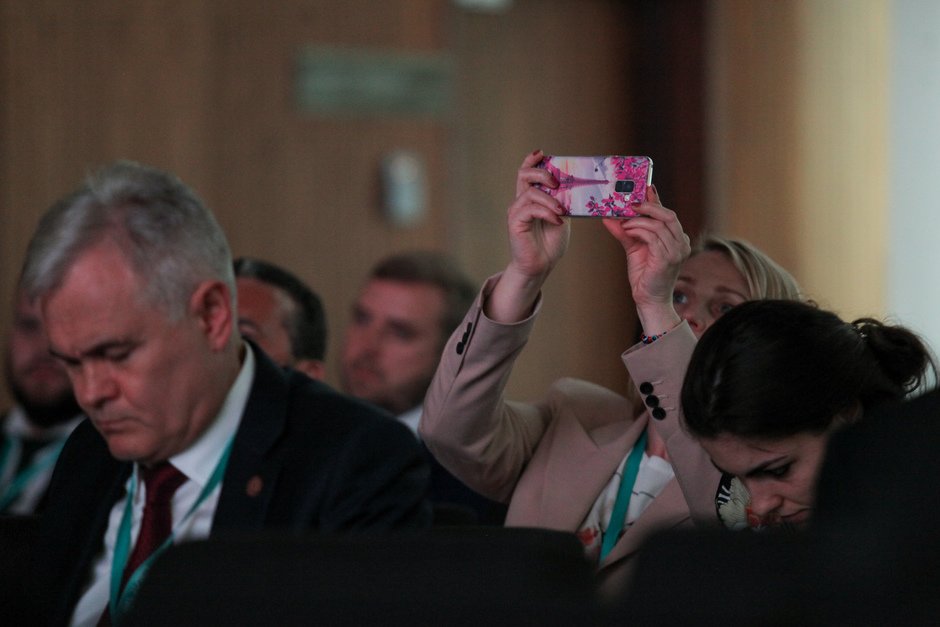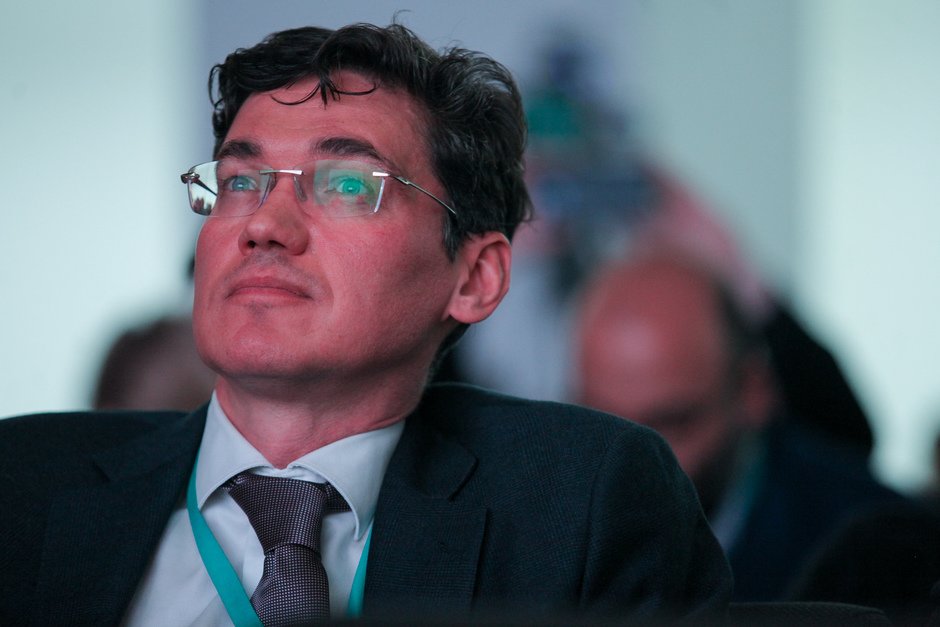CIPR 2019: “Climate and the planet Earth are the real challenges of the 21st century, not numbers and data”
How nature-like technologies come to the fore, while major investments in science are in physics, photonics and genetics
Safe use of technologies became one of the topics of the plenary session that opened in Innopolis at Digital Economy of Industrial Russia conference. People often share too personal information with their devices, while they are all at the moment foreign. So too much data about the nation’s health and its development trends end up in someone else’s hands by creating a dangerous situation, as security isn’t always a priority for technology developers, speakers think. Taking advantage of this personal information, malefactors can influence the user — the owner of the device collecting his personal data. It’s clear that new technologies are, first of all, new opportunities, and it is impossible not to use them in different spheres, for instance, health care or education. Read more about how to keep up with technological progress and do it without damage in Realnoe Vremya’s report.
“We will stop talking about artificial intelligence”
Over 5,000 delegates from 18 countries arrived in Innopolis to discuss challenges of the digital world, and the event’s scale affected its organisation. The plenary session Digital Economy — Data Economy scheduled to be at 16.30 was almost two hours late. In addition, not all announced guests came: President Rustam Minnikhanov cancelled his participation at the last minute.
“Big data is the market that grows exponentially, we hope that the use of big data will grow
at least10 times until 2024, and it’s that indirect effect that will significantly affect our country’s GDP,” moderator, Megafon board member Anna Serebryanikova opened the session.
According to her, businesses hope that big data will make an impact on a rise in competitiveness and help reduce costs, this is why technologies are needed and important. Serebryanikova asked the session’s participants about the challenge of the digital economy expecting us five years later.
“We learnt how to work in the logic of cross-cutting technologies,” replied special representative of the Russian president on digital and technological development Dmitry Peskov. “There was no such logic just several years ago, while now there is a model of three waves — digitalisation wave, use of mature technological solutions, which we call the basic technological package. Big data is the first crucial group of technologies. The most important thing is that all further technologies are based on work with data. The technological initiative is the next wave. <…> Many breakthrough technologies are tested now. Telecoms serve as customers of new technologies.”
Peskov says that the focus of the 20s is the second wave. “The hype will disappear, we will stop talking about big data and artificial intelligence, this will become a common thing. Nature-like technologies are more important. Climate and the planet Earth are the real challenges of the 21st century, not numbers and data. Countries look at how everything will change,” he explained and continued saying that genetics, biotechnologies, quanta would become the focus in the 30s.
Investments are made now in this third, technological package, the speaker went on: “Science national project today is, first of all, investments in physics, photonics, genetics.”
Hype in this sphere, which was born earlier, was very important. But it is time to separate it from the real content and start working. Sovereignty is impossible today without the sovereignty of data, we must understand technological joints which form it, he concluded.
New level of interaction with one’s health
“Talking about government and sovereignty, we shouldn’t forget that, first of all, quality of life, longevity, self-realisation opportunity matter,” Serebryanikova addressed Vice Minister of Health Yelena Boyko asking to explain her opinion about the “trials” done to the health care system today and, most importantly, if Russians would feel a notable effect in, for instance, expanding lifespan in the short run.
Boyko corrected the moderator, as she didn’t agree with the word “trials”: “We are moving on a planned trajectory,” she noted.
Boyko began her speech with a well-known point that prevention is easier than cure. Nevertheless, not everyone understands it, she complained. This is why projects in a new Health Care national project are aimed to train medical staff and implementation of digital technologies: “We must persuade the population that one should care about one’s health. It sounds banal, but it’s our major tool we count on.”
Digital technologies must give you a completely new level of interaction with your own health, she added. How it should work: ideally, a person gets information about their health and advice, for instance, your blood pressure is low, drink a cup of coffee or your results are such-and-such, conduct mass screening.
The second area of the national project is how to cure a person more effectively. “We can significantly reduce human factor. Doctors are also people, they make mistakes. We need to accumulate digital data in medicine, introduce single algorithms for every disease, digitalise them.”
Boyko says that Russia has considerably made progress here, and there has recently been adopted a law that talks about the essence of clinical recommendations. It’s an algorithm to treat every disease that will become a single rule for all doctors in every medical organisation. The law will come in force in 2022. The professional community must approve these rules, while the government must digitalise and make control over compliance with the algorithms compulsory.
“Speed of response is important in treatment,” she continued. And here a person must know for sure where he can go, everyone must have an individual trajectory, while information systems should help to build this trajectory and respect time.
Security not on developers’ agenda
“Do we miss anything that we are wrong when we should start thinking or is it late from a perspective of information security, data protection?” the moderator turned to Director General of InfoWatch Group of Companies Nataliya Kasperskaya. It turned out we did miss something, and it's quite a lot of moments. For instance, many developers don’t include the security parameter to their developments, as they are in a hurry to demonstrate their new incredible product to investors. Then it turns out that it’s impossible to introduce it to the new product.
“New technologies, of course, pose new risks. Most modern technologies are foreign. Secondly, all modern technologies (almost all without exception) are either cloud-based or require remote access to use them,” Kasperskaya began. And this means that a producer has a possibility to manage these technologies. In fact, technologies aren’t property, they are leased. In other words, enterprises don’t purchase technologies, they purchase a right to them, she explained.
Danger already lurks in the device itself that contains data. “What is a personal device? It has director access to the Internet. It means that the producer of this personal device’s platform, firstly, has all information about the user from this device and owns this big data. However we deanonymise them, this has no sense because there are tens of applications that also get access. And you can’t deny them access because it’s the way the platform itself works.”
It is personal information about what the person eats, how he sleeps, about his health gives big data about a nation, trends, its health. On the other hand, it’s possible to identify some individuals and have some influence on them. And it scares, Kasperskaya concluded.
